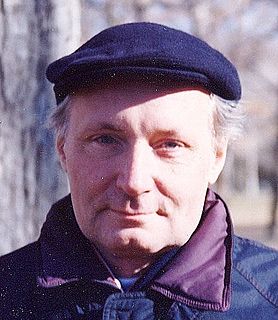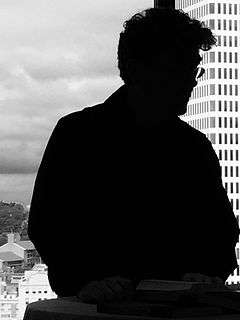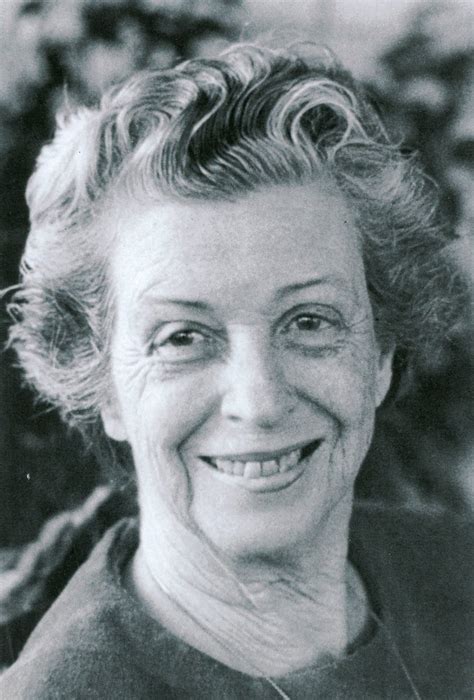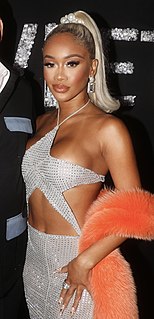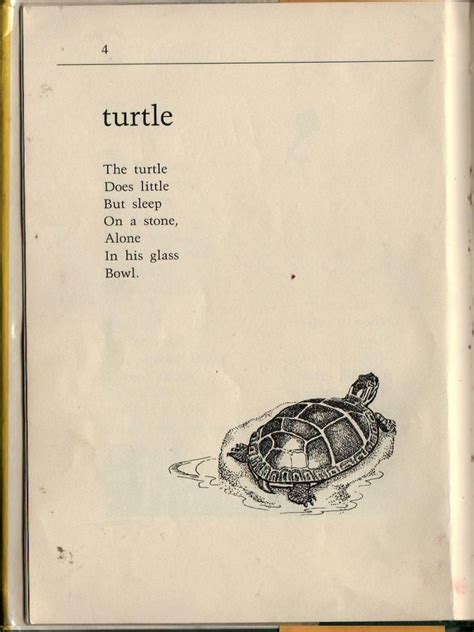Цитата Кейт Марвин
Думать о написании стихов как о «карьере» не только смешно, но и опасно. К воображению. К тому, как думают об искусстве. Причина, по которой поэзия как жанр настолько особенная, заключается в том, что ее нельзя сделать товаром.
Связанные цитаты
Если вы хотите изменить людей, говоря о Боге, то есть только один путь: вместо того, чтобы учить Бога, вы должны жить Богом. Потому что: «обучение» Бога немыслимо иначе, как учить любви или поэзии. Вы учите любви только через любовь, поэзии только через сочинение стихов, вере в Бога только через заразительный способ доверия.
Я бы не рекомендовал поэзию как профессию. Во-первых, в это время и в этом месте — в этой культуре — невозможно сделать поэзию карьеру. Писать стихи — это одно. Это одержимость, почесывание божественного зуда, и к деньгам это не имеет никакого отношения. Однако вы можете сделать карьеру поэта, преподавая, путешествуя и читая лекции. В лучшем случае это худая жизнь.
Есть что-то существенное и необходимое в непосредственности и демократичности поэзии. Если вы посмотрите на историю литературы, поэзия — единственный устойчивый жанр от Гомера до Эшбери — ни одна другая литературная форма не существовала так долго. Роману всего двести или триста лет... И да, это мейнстрим, если оглянуться назад, мы часто обращаемся к поэзии, чтобы запечатлеть то, что происходило в конкретный момент, потому что она кристаллизует опыт в очень сжатой и осмысленной форме. .
Поэзия — самое информативное из всех искусств, потому что все сводится к поэзии. Независимо от того, что мы описываем, в конечном итоге мы используем либо метафору; или мы говорим: «Это поэзия в движении». Вы пьете бокал вина и говорите: «Это поэзия в бутылке». Все это поэзия, поэтому я думаю, что мы сводим к эмоциональной информации. И это то, что передает поэзия.
Когда вы думаете интенсивно и красиво, что-то происходит. Это нечто называется поэзией. Если вы думаете так и говорите одновременно, поэзия попадает вам в рот. Если люди слышат вас, это попадает им в уши. Если вы так думаете и в то же время пишете, тогда пишется поэзия. Но поэзия существует в любом случае. Вопрос только в том, собираетесь ли вы участвовать, и если да, то как?
Поэзия восстанавливает язык, ломая его, и я думаю, что большая часть современного письма восстанавливает фэнтези как жанр письма, в отличие от жанра товара или отдела в книжном магазине, ломая его. Майкл Муркок возродил фантазию, отделив ее от морали; такие писатели, как Джефф Вандермеер, Степан Чепмен, Люциус Шепард, Джеффри Форд, Натан Баллингруд, делают то же самое, отделяя фантазию от обыденного письма, используя более яркие и смелые стили, более рефлексивное мышление и более широкий спектр тем.
Я не против сентиментальности. Я думаю, вам это нужно. Я имею в виду, я не думаю, что вы получите истинное представление о людях без этого в письменной форме ... Это своего рода поэзия, это эмоциональная поэзия, и, чтобы вернуть ее на литературную сцену, я не думаю, что что-либо верно то, что его нет, в этом нет поэзии.



